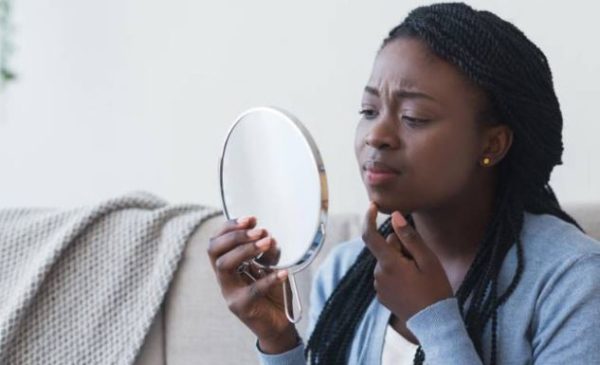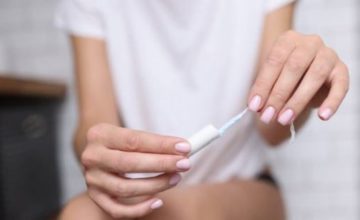
Ageing is an inevitable part of life, and with it, some changes to your skin.
Here are some common misconceptions and myths about ageing skin that will help you make the right skin-care decisions.
1. Acne goes away with age
Acne is often associated with puberty as hormones fluctuate. While this is partly true, acne is not always limited to our teenage years. With hormone fluctuations associated with female reproductive health, some women experience hormonal acne well into adulthood and menopause.
The main culprit for this type of acne is the male hormone androgen. This hormone spurs sebum production in the oil glands, causing dead skin cells to become sticky and clog your pores.
Clogged pores are likely to also have bacterial build-up that leads to irritation, rashes, and pimples. Breakouts tend to crop up again during menopause as the female hormone oestrogen and the male hormone androgen fall out of balance.
Adult acne can also be caused by makeup use, especially when you don’t pay proper attention to makeup removal. Acne has a genetic element – meaning that you are likely to suffer from adult acne if your parent had it too. If you suffer from adult acne, consult a dermatologist for proper care that might include topical creams and ointments, antibacterial and antifungal pills, and birth control pills.
2. Oily skin doesn’t wrinkle
It is true that oily skin does give you an advantage in the ageing department. Oily skin tends to be thicker and less prone to dehydration, which definitely leads to fewer fine lines. However, according to dermatologists and aestheticians, having oily skin can result in deeper lines and larger pores.
In addition, oil production levels don’t have any effect on collagen levels and they also don’t block damage from the sun damage. Therefore, while oily skin can help you stave off some wrinkles, it isn’t a free pass. You still need proper anti-ageing skincare habits to maintain youthful skin.
3. Ageing is determined by your genes
It is true that your parent’s health history says a lot about your own. But while how you age is influenced by your genes to some extent, environmental factors play the biggest role.
Ultraviolet radiation from the sun is particularly to blame for premature lines and wrinkles. This explains why areas of the body associated with frequent sun exposure, such as the face, arms, neck, and back of hands seem to age faster than other less-exposed areas.
Other environmental factors that influence your skin’s ageing process include smoking, diet, alcohol consumption, and pollution.
4. Facial yoga fights wrinkles
Facial yoga is a trend that has been around for a while. Its proponents claim that it helps fight visible signs of skin ageing such as fine lines and wrinkles. However, there is no authoritative study to prove the effectiveness of face yoga. In fact, some experts claim that it could worsen skin laxity!
But why do fans report improvement after practising facial yoga? Well, components of face yoga such as massage and the application of essential oils explain these improvements. These components help release muscle tension from the skin, boost blood circulation, and improve hydration.
Incorporating facial massages into your serum or moisturiser application will, therefore, benefit you more than having an elaborate facial yoga routine.




